I drank the Kool-Aid, a long time ago. The end-of-life is a part of life, hospice sometimes offers more than chemo, be honest with your patients about prognosis and cure, say “death” instead of “we lost em,” Kool-Aid. I have taught this subject at the medical school for 20 years. However, the truth remains, that no matter my belief or intentions, sometimes I do not get it “right.”
Recently, a 42-year old patient of mine was admitted to the hospital. He had advanced and advancing cancer, having dramatically failed initial therapy. Absolutely incurable. Nonetheless, I rushed forward with aggressive therapy. Tests, surgical intervention, poly-pharmacy, and statements like “Well, if we can get him stable, just a little stronger, he may respond to different chemotherapy.”
Why had I strayed into the land of onco-waste? Misplaced sympathy. This man’s life had been so full of tragedy and pain that in my heart I felt he deserved a break, deserved hope and deserved the opportunity to live. Noble thoughts perhaps, but not for an oncologist, because what I was about to create was not mercy, but prolonged suffering.
Then, along came Tuesday morning, which for me means a string of meetings. Rounds on this gentleman fell to one of my associates of many years. My partner listened to my sign-out, read the chart, examined the patient and then, in the supportive way that doctors who have been through many trials together communicate, he called me up and said, “Jim, are you out of you mind?”
With fresh eyes and heart, my partner was able to have a positive and supportive meeting, which was met with sad relief and grateful acceptance. The patient’s treatment course was changed to comfort care. He was made DNR. Three days later, not in pain, not short of breath, not frightened, family at bedside, he died.
The important insight is that no matter how motivated a physician may be to offer balanced treatment with a palliative touch, sometimes, if you care, you will be too close. Thus, in order to offer quality end-of-life support a doctor must design his practice to be open to the input of others. This means listening to partners, nurses, families, or even front desk staff. There may be a need to get palliative care specialists involved early, even during active therapy, if for nothing more than to offer perspective. Whatever approach the doctor takes, it is vital to keep an open mind and work together to design therapy. End-of-life care is a team sport.
Inside every doctor’s head are angels in conflict. One says treat and battle the disease, there is so much more we can do, life is precious. Another says never forget each patient as a miraculous individual who loves and suffers. And another knows that all life ends, and thus the doctor must offer comfort, instead of false hope, which yields futility. The best physicians will work to find balance, not only in their own minds, but in their relationship with members of the medical team and the world around them.

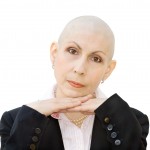

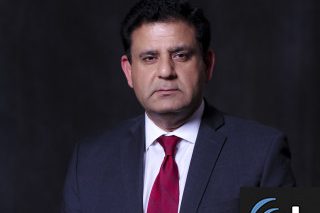
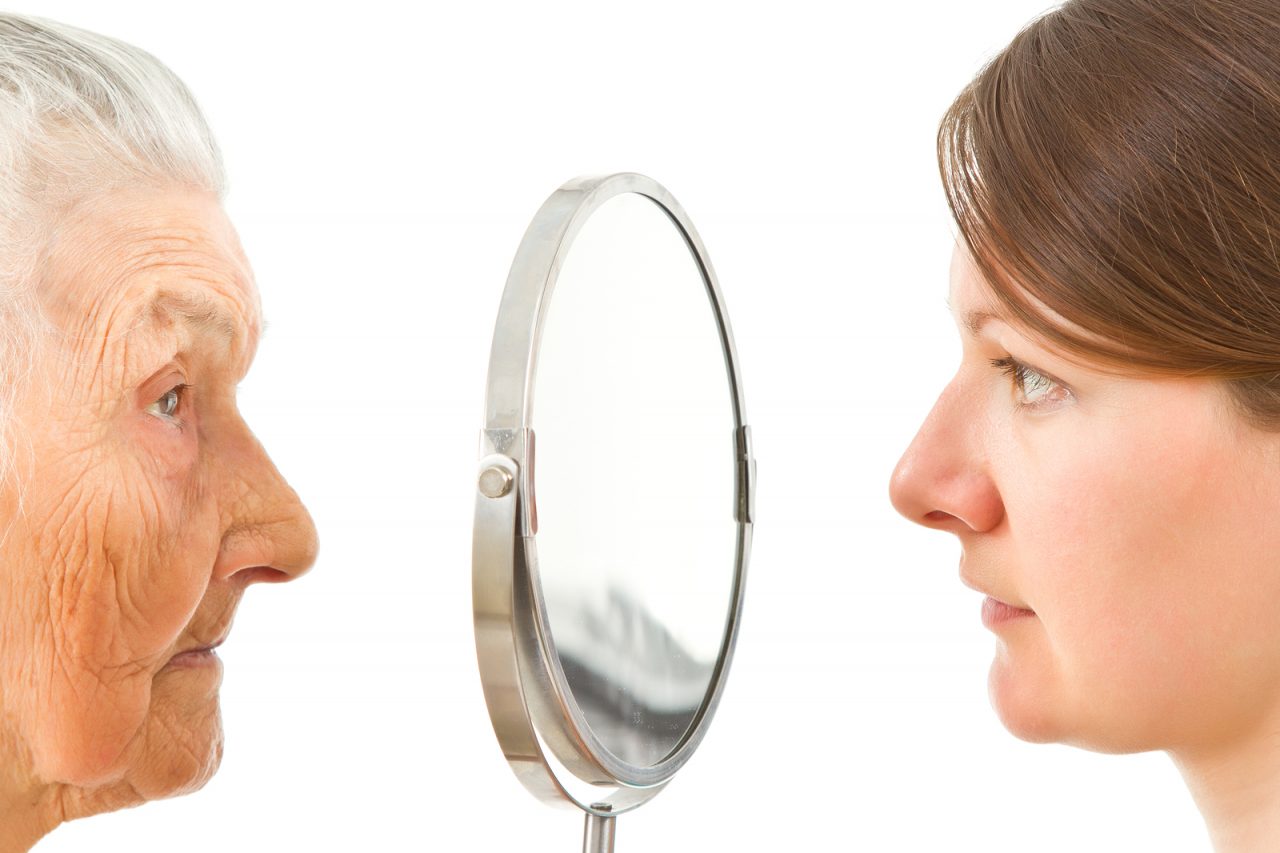
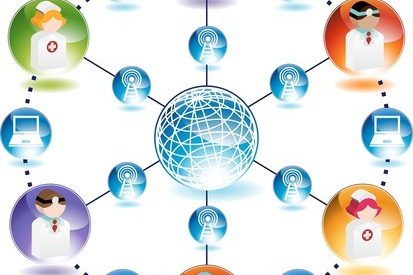
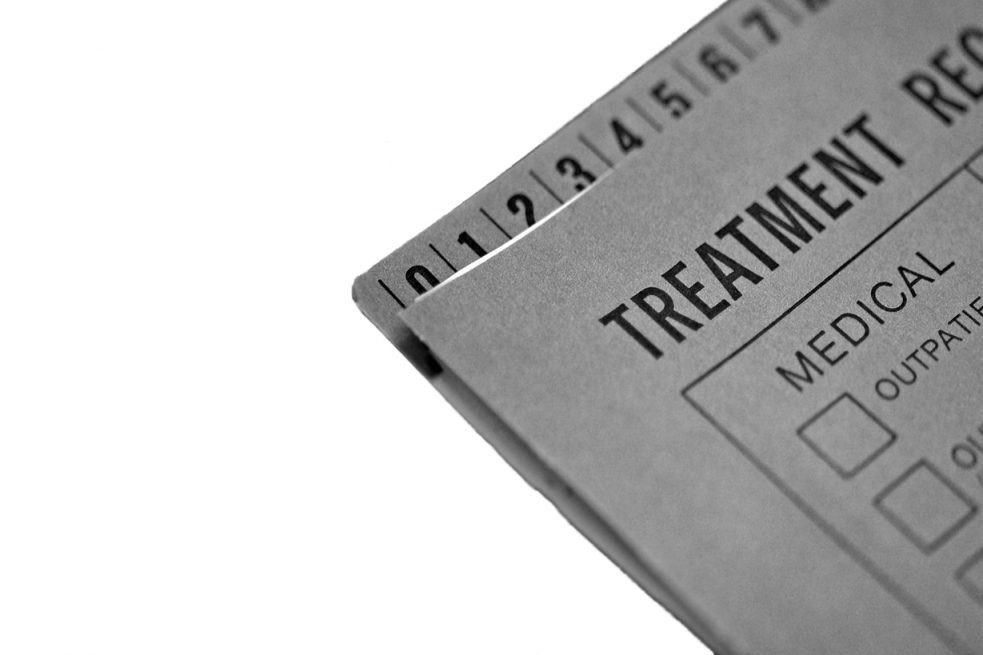
21 Comments